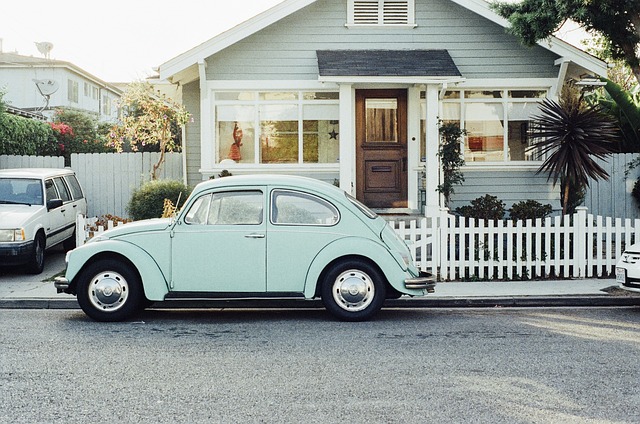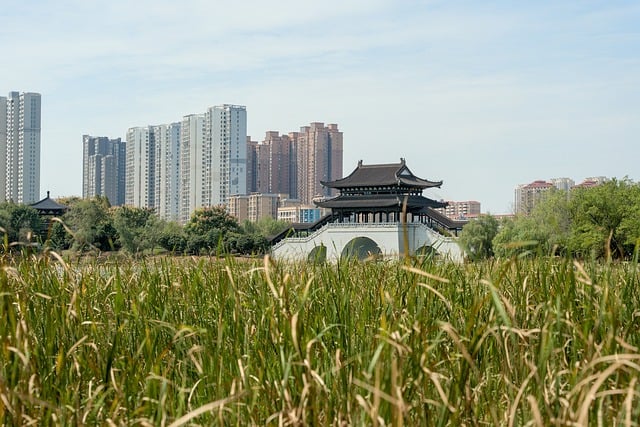In today’s rapidly changing world, embracing eco-friendly practices in our gardening activities is more essential than ever. Community gardens, often seen as havens of nature in urban settings, offer a unique opportunity for individuals to come together and cultivate not only plants but also a sense of shared responsibility towards the environment. One delightful aspect of this journey is your gardenshed, a space that can act as a hub for sustainability and green living.
Imagine stepping into your gardenshed, where the scent of cedar mingles with the earthy aroma of compost. Here, you can store organic seeds, natural fertilizers, and eco-friendly pest controls. By incorporating renewable materials into your shed’s construction, such as reclaimed wood or sustainable bamboo, you’ll be setting a precedent for what eco-conscious gardening should embody.
When cultivating your community garden, it’s essential to understand the importance of working with nature rather than against it. By choosing native plant species, you’re not only adding beauty to the space but also supporting local ecosystems. These plants are adapted to the climate, which means they require less water and care once established. The gardenshed can serve as a platform to educate fellow community members on the benefits of going green, fostering a spirit of collaboration and shared learning.
Rainwater harvesting is another practice that can be easily initiated in your community garden. Setting up a simple rain barrel near your gardenshed is a fantastic way to collect and utilize this precious resource. Not only does it reduce your reliance on municipal water systems, but it also serves as a reminder of the need to conserve every drop. Such initiatives inspire others to consider their water usage and promote a culture of sustainability.
Incorporating organic gardening practices is crucial for maintaining healthy soil and reducing chemical runoff. By educating fellow gardeners on composting methods and the benefits of using organic materials, your gardenshed can become a cornerstone of eco-awareness in your community. Sharing composting bins and providing workshops on how to create nutrient-rich soil naturally can lead to flourishing gardens and an empowered community.
As we strive to connect with nature, we must also consider our impact on the environment. The choice to plant a garden is a profound form of resistance against the urban sprawl that often leads to loss of biodiversity. Your gardenshed can be a place where you encourage biodiversity by discussing and sharing information about companion planting. This approach not only maximizes plant health but also supports pollinators, which are vital for our ecosystem.
Moreover, your community garden can become a sanctuary for children to learn about the environment. Involving schools and local organizations in gardening activities cultivates a respect for nature and the importance of maintaining a healthy planet. When kids dig into the soil, plant seeds, and tend to their plots, they develop a lifelong appreciation of eco-friendly practices. Your gardenshed could host classes, providing the tools and resources necessary to inspire the next generation of environmental stewards.
Ultimately, eco-friendly gardening is about more than just planting seeds; it’s about nurturing the relationships within your community and your shared environment. Every seed sown in the soil of your community garden is a step towards a greener future. With your gardenshed at the heart of these efforts, imagine the possibilities that await when neighbors unite with a common goal of protecting and cherishing the beauty of nature!



